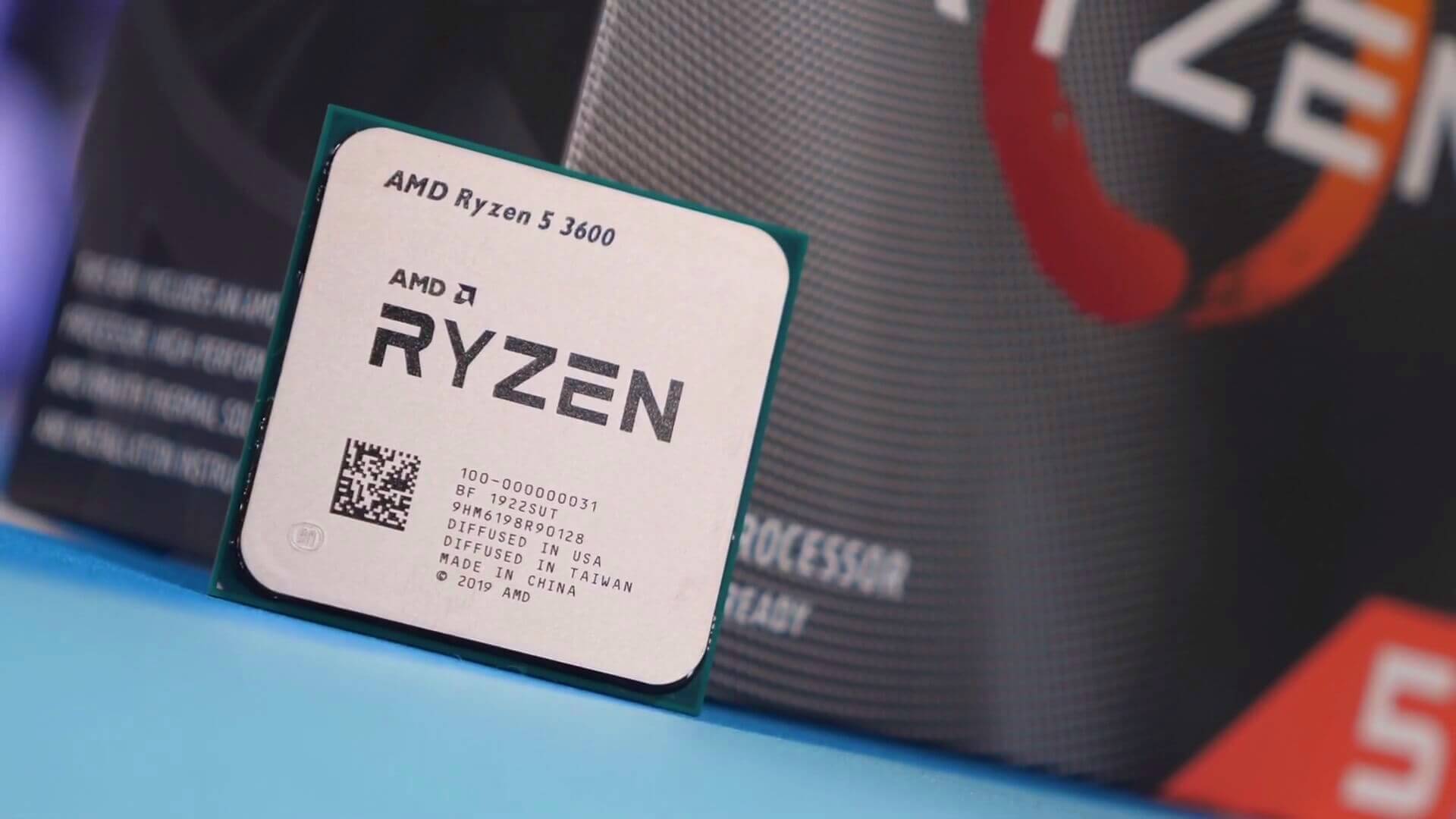dullard
Elite Member
- May 21, 2001
- 26,185
- 4,844
- 126
I understand that and agree with that. I work in development of equipment, I can generate gains in many different methods including process gains, waste reductions, better designs, etc.@dullard Perf/clock increases and process is somewhat connected but not entirely dependent on it.
Refinements are a thing you know?
Forget computers. How do cars improve without things like Moore's Law? What about architecture? Even yourself? Computer chips are unique that they have process gains so we tend to forget that. But gains from refinements always exist.
The architectural improvements can be on top of process gains because things can always be done better.
Also little bit of a site note, but when they say 18%, that's at ISO-power. At ISO-clocks the perf/watt improvements are greater. I'm guessing at 18% iso-power, it's ~30% iso-clocks. So lower power chips will benefit even more.
My question was not conveyed well. Given that Intel claims 18% performance gains at iso-power, I wanted to know the opinions here as to where those 18% performance gains are going. (or actually, the reverse: what individual gains combine into an 18% performance gain assuming it is ran at iso-power conditions).
Last edited:













